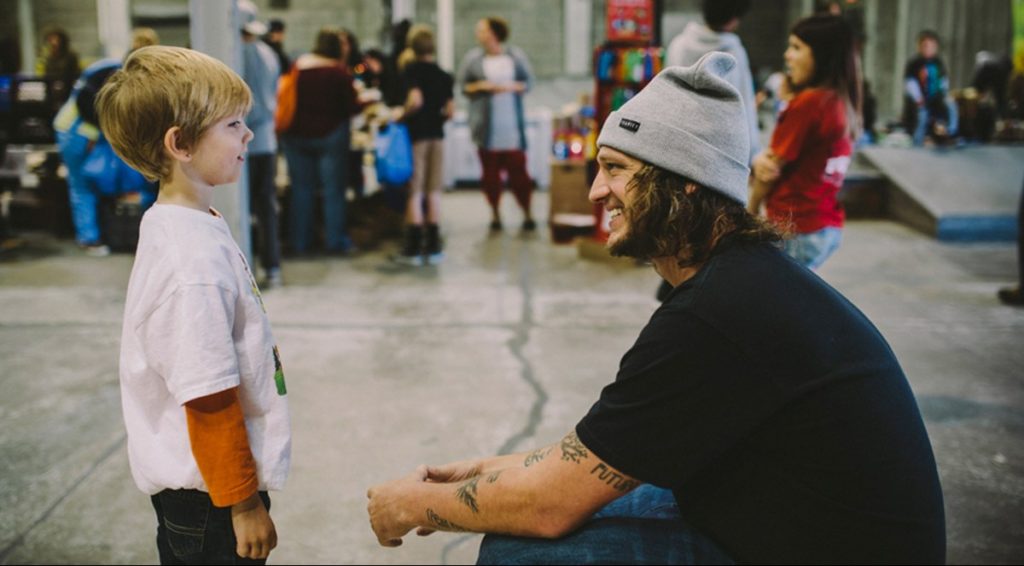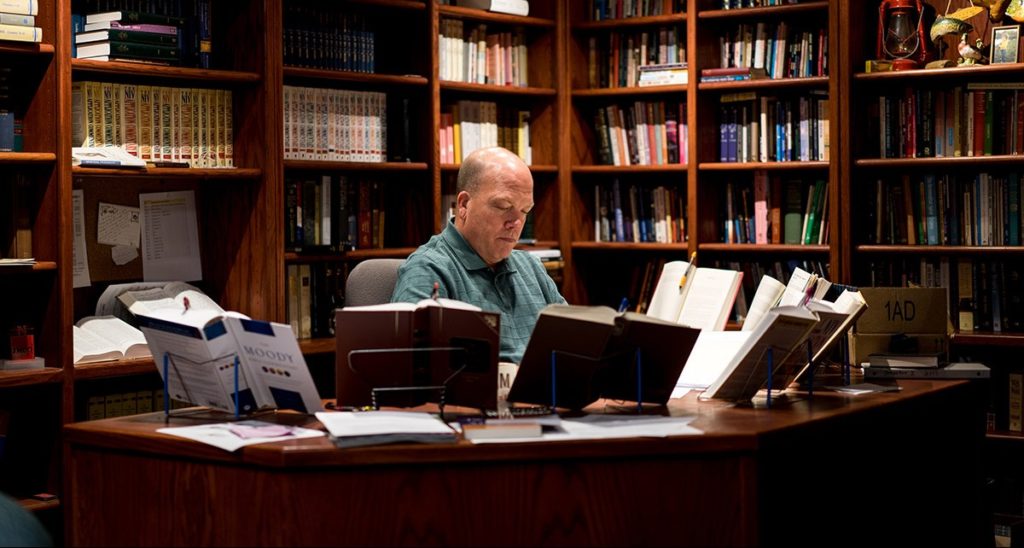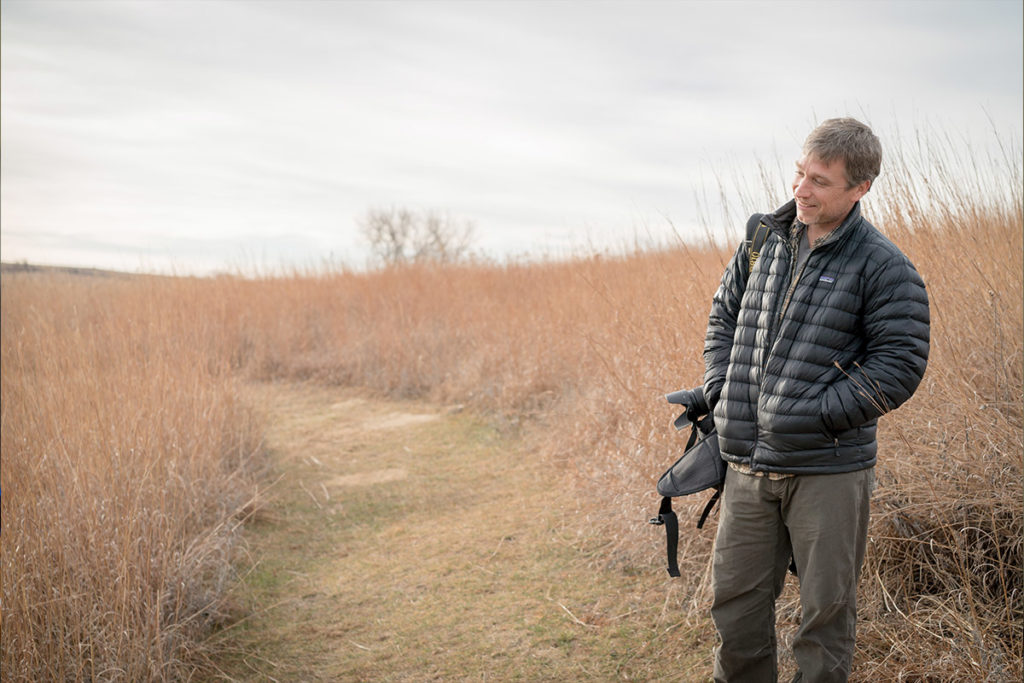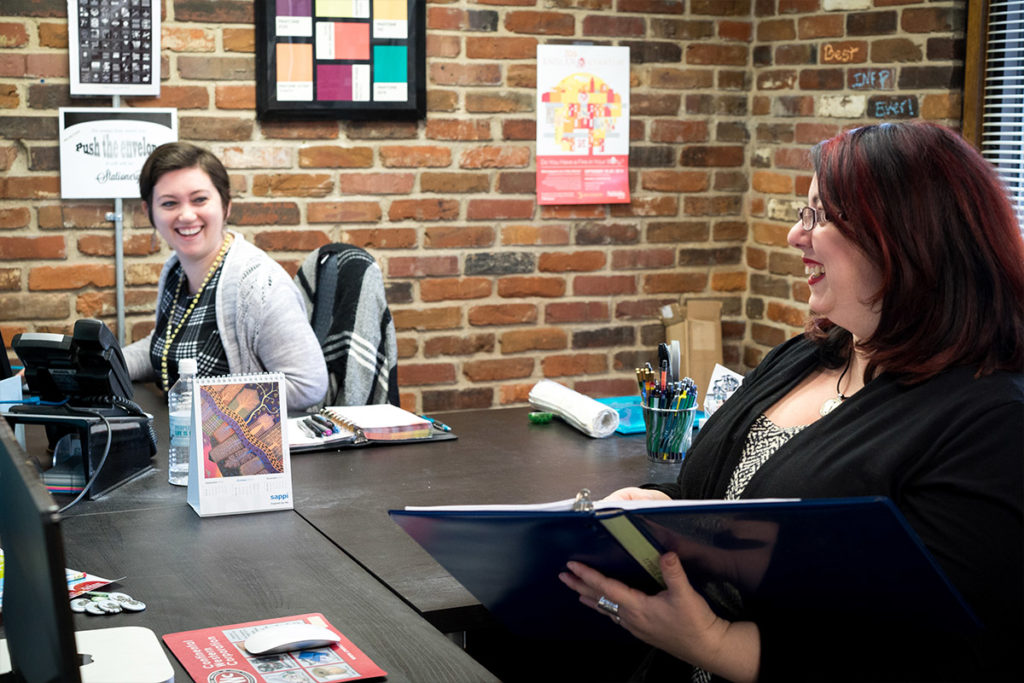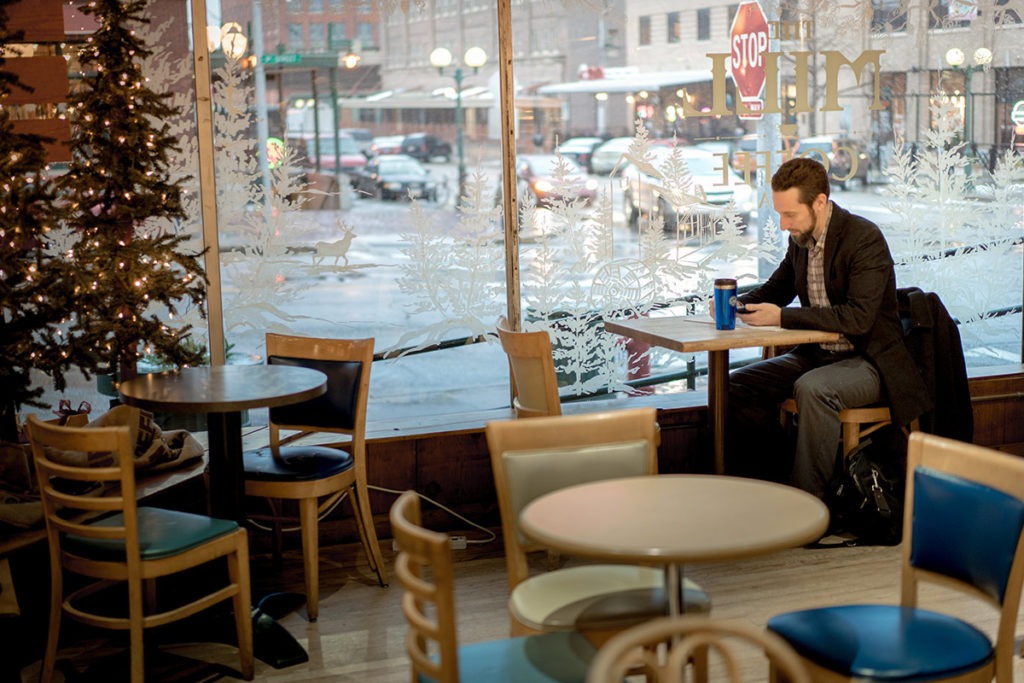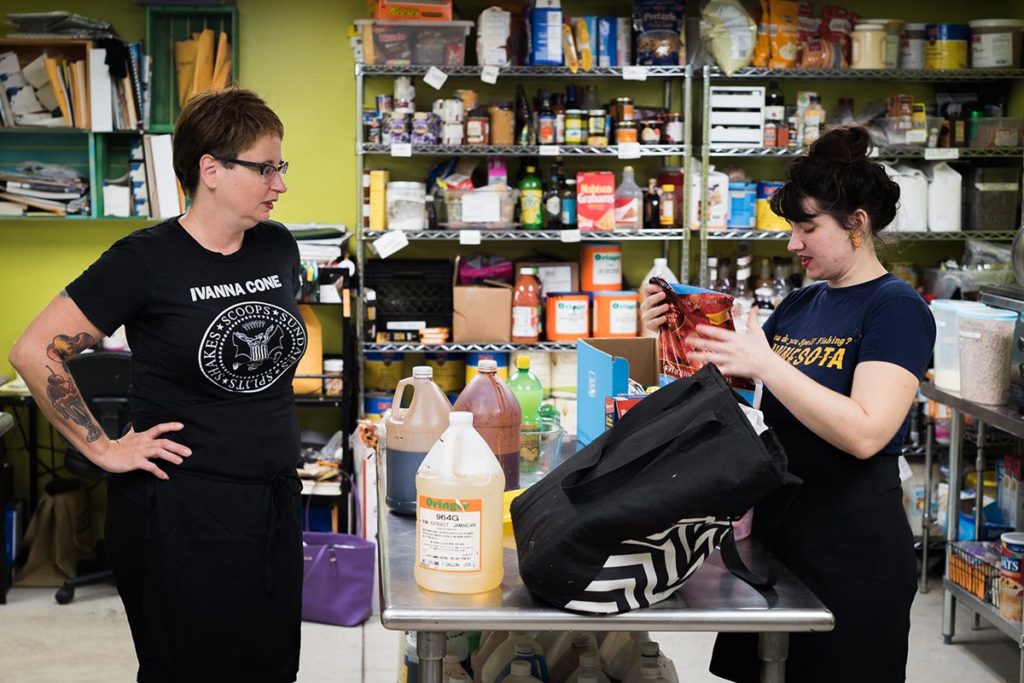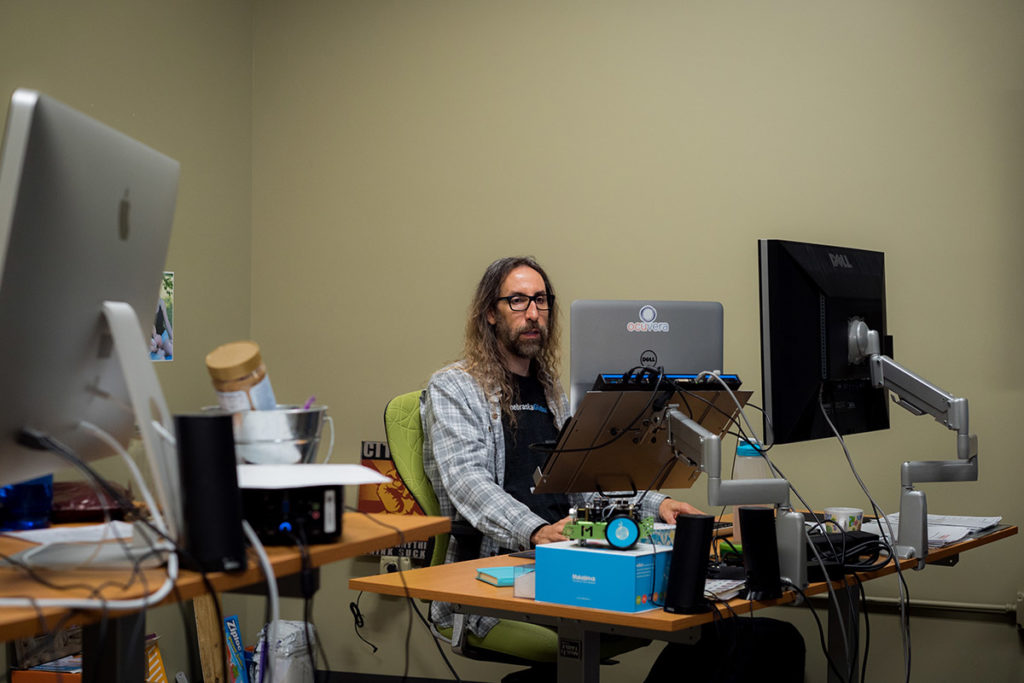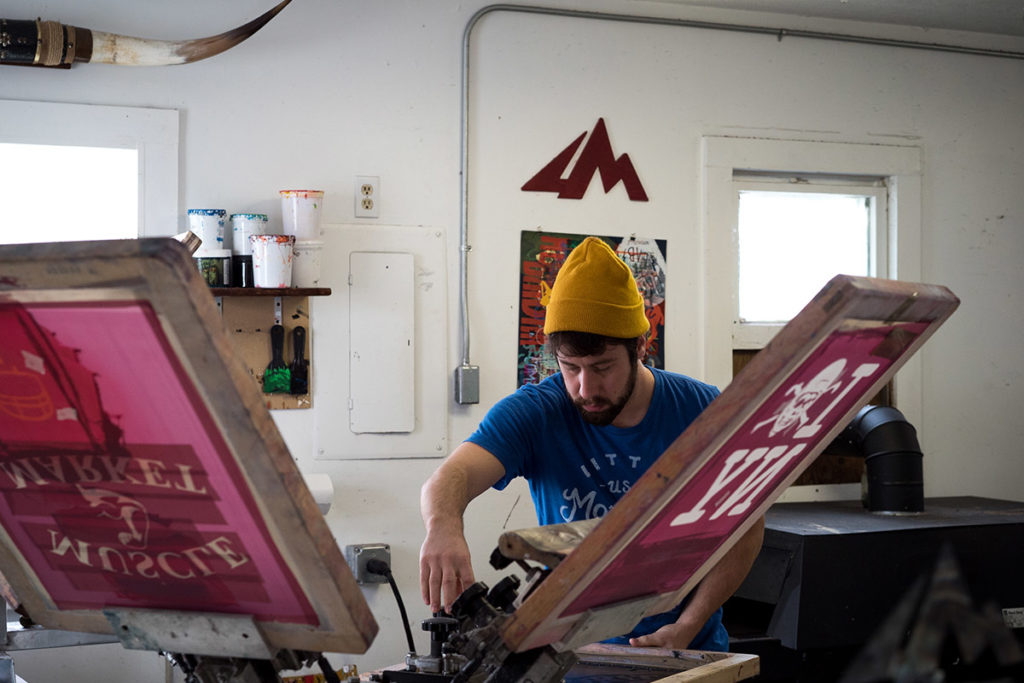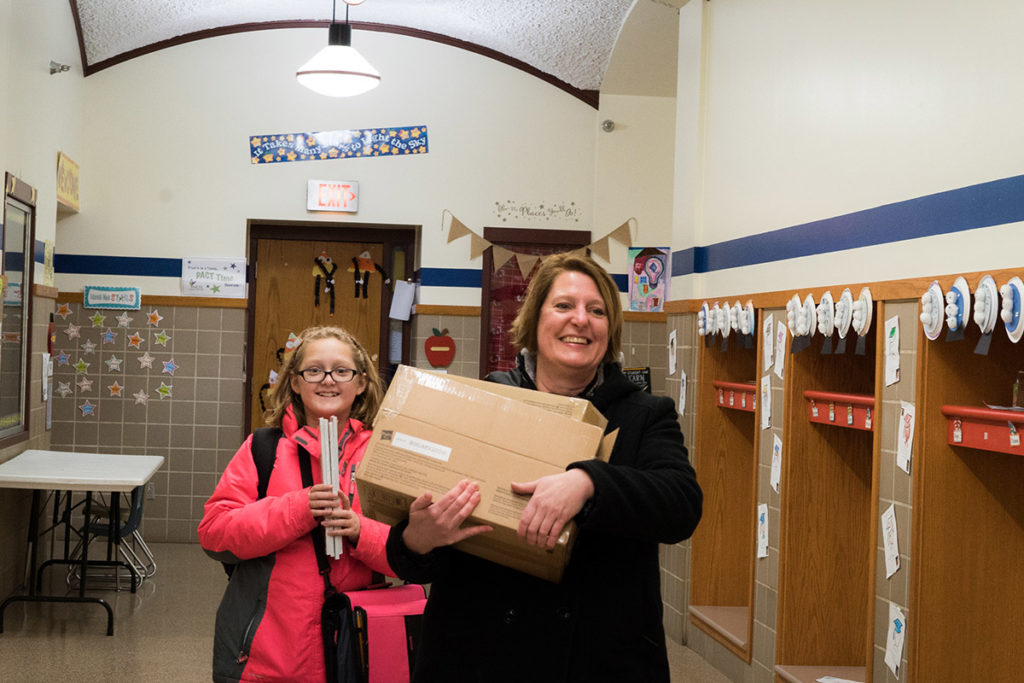
We’ll be honest, it’s hard to know where to start with Heidi Little’s story.
We could start with the fact that she’s the child of an Air Force doctor, and served her own 11-year stint in the Air Force.
Or we could mention that fact that she had a long stretch of time when she was confused and somewhat disillusioned about what to do…so she delivered Domino’s pizza.
And then there’s the part where she got her nursing degree and worked the weekend shift as a critical care nurse for nine years.
But, the latest part of Heidi’s story is about her relationship with Everett Elementary School.
It was Friday afternoon and kids in coats spilled out of Everett Elementary School, celebrating the joy of another weekend. Heidi walked up the cement steps to the school holding boxes of goodies that fulfilled a few of the teachers’ wish lists.
For the past few years, Heidi has asked all the teachers to send her a short list of things they’d like for their classroom. Some write down items like headphones or a pencil machine, others want incentives like cereal and peanut butter. It’s a small thing, but to the teachers and kids, it’s a big deal.
She gets stopped in the hallways by teachers who are curious about what she has and who she’s delivering it to – playdough for the kindergarteners and sentence strips for the fifth graders. A number of people also stop and ask her about an event or project that she has in the works and her go-to response is some derivative of, “Yes! I’m excited about that!” or “No, I haven’t forgotten, but I’m working on it.”
Everyone at Everett knows Heidi.
But that wasn’t always the case. When her oldest son, Jesse, was ready to start school, Heidi and her husband sent him to a school across town instead of Everett, their neighboring school.
She was protective of Jesse and wanted to make sure he was at an academically strong school, a reputation Everett didn’t have. But by winter break, she was questioning her decision and it prompted a trip to Everett. Heidi wandered the halls and was given an impromptu tour. At the end, she knew Jesse needed to be at Everett.
As we walked around the school and Heidi doled out her gifts, she kept talking about what a good school Everett is and how she’s proud it’s where her kids go. She loves the caring teachers and attentive administrators who give everything to their students, oftentimes giving out of their own pockets, a pattern Heidi noticed.
Everett severely lacks parental involvement and the PTO-type funding that often pays for field trips and classroom ‘extras’ that other schools typically enjoy. Heidi found herself funneling any extra money or fundraising opportunity she had to Everett, and then thought, ‘Why not start a nonprofit?’ So in 2012 Heidi created the Everett Community Nonprofit Organization.
Heidi is one of Everett’s biggest champions, hosting superhero fun runs, gong shows, publishing a goofy calendar with her coworkers from Bryan Health and all sorts of events to get the community involved. She name drops the nonprofit to anyone she meets, joking that people duck when they see her because they know she’ll ask them for money.
All of the money raised has gone to send Everett students on field trips and buy items like new dictionaries, calculators and tissues – a long list of seemingly little things that make a school more than just a building with classrooms.
Last year, Roland Temme, owner of the neighboring business TMCO, wrote a $20,000 check to build Everett a walking track. It was a surprise neither Heidi or the school imagined, and it came at a time when Heidi was losing momentum.
It’s hard not to get discouraged when what you hoped or dreamed isn’t the reality, she said, but getting that big check from Mr. Temme and the continual support of her friends and family has kept Heidi focused on doing more for Everett.
These days, she’s dreaming of green grass and a shiny new playground for the school. Her youngest child is just a year away from going to middle school, but that doesn’t matter. Heidi said she’ll probably always be involved at Everett. It’s blocks from her house, it’s where her kids learned and it’s part of her story.
What we love about Heidi’s story is that it wasn’t planned. She didn’t set out to start a nonprofit. Heidi delivered pizza, worked weekends, took care of her kids and when she found out about Everett she did something.
Her story is about stepping up and stepping in to her community, because that matters.

